Our judges played the games, and made their decisions. There were several strong contenders in every category. Each of the winners has been invited to this year’s Frontiers of Democracy Conference, where we’ll be showcasing their efforts.
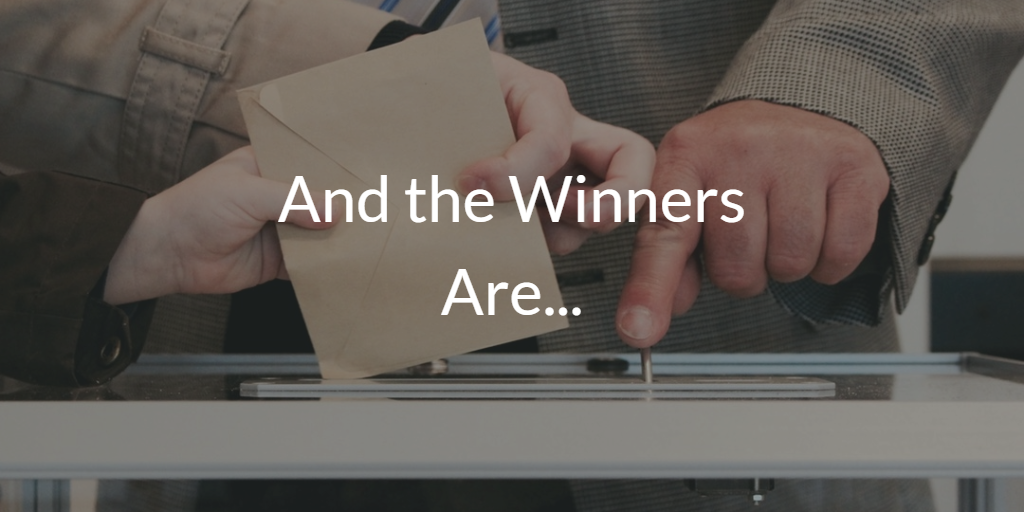

Our judges played the games, and made their decisions. There were several strong contenders in every category. Each of the winners has been invited to this year’s Frontiers of Democracy Conference, where we’ll be showcasing their efforts.
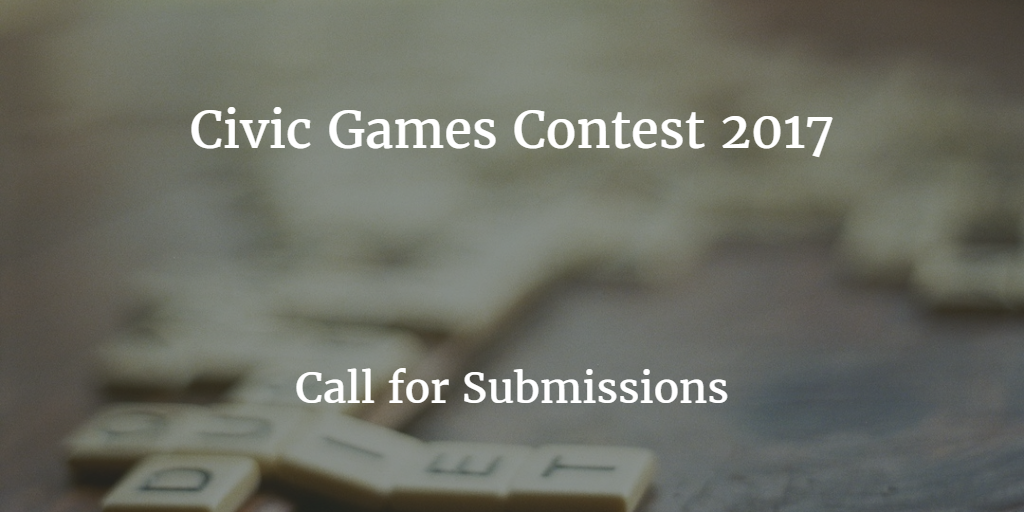
The Civic Games Committee (Daniel Levine, Joshua Miller, and Sarah Shugars), with the support of the Entertainment Technology Center at Carnegie Mellon University, are proud to announce the 2017 Civic Games contest, a design competition for analog games that seek to promote the understanding and/or practice of good citizenship!
The contest starts from two fundamental ideas:
For updates, follow our Facebook Page!

Education is facing a crisis: it is increasingly divorced from efficacious citizenship. This crisis is linked to the widely felt crisis in democracy itself, understood not only as a system of formal governance but as a way of life which sustains and enhances civic agency—the individual and collective capacity for meaningful social action.
To address these related crises—and in recognition of a new institutional home at the University of Minnesota College of Education and Human Development—The Good Society invites submissions exploring the purpose, practice, and prospects of education, broadly conceived. What is the purpose of education in societies aspiring to democracy? How has that purpose been conceived and realized historically, across cultures and time? How do current educational practices and policies reflect, achieve, or fail to advance it in various local, national, and global settings? What are the likely consequences, for today and for the future?
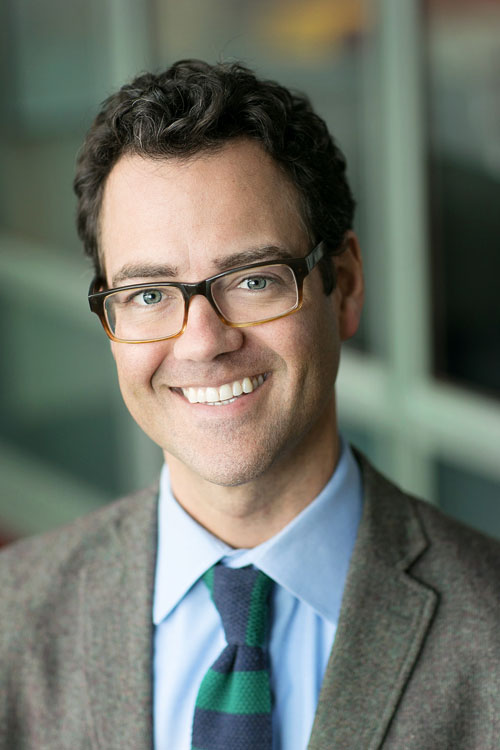
We are pleased to announce that The Good Society will be moving to a new home at the University of Minnesota, where it will be housed in the Dean’s Office of the College of Education and Human Development (CEHD). As of the first issue of 2017 the editorship will pass to Dr. Trygve Throntveit, Dean’s Fellow for Civic Studies at CEHD.
Check out friend of and contributor to the journal Dr. Joe Oppenheimer share some thoughts on Rawls via “The Scholar’s Chair”. Prof. Oppenheimer’s own blog is linked here.
Conversations on Participatory Democracy
Innovative democratic professionals are encouraging greater participation in some of our most fundamental institutions, yet what they are doing is rarely the focus of political theory, social science research, or what politicians talk about when they are talking about renewing American democracy. The conversations in this series aim to shed light on new democratic practices taking shape and to find out more about the dynamic people involved.
Helen Beattie is the founder of YATST (Youth and Adults Transforming Schools Together), a set of ideas and tools she and her colleagues have developed with schools all across Vermont to increase and deepen student engagement through collaborative action-research teams. YATST teams, made up of students, teachers, and administrators, have conducted and analyzed dozens of surveys on school practices and facilitated school-wide conversations on their results; sparked changes in student government structure; created pedagogical videos; helped reform student assessment processes; piloted a classroom assistant program giving students a role in instruction; and altered the ways many teachers consult students for guidance on technique and course themes. We talked recently about how she got involved in the work of transforming institutions and about why it is important that youth and adults are working together as partners to change their schools.
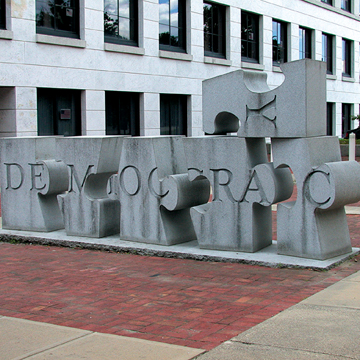
Conversations on Participatory Democracy
Innovative democratic professionals are encouraging greater participation in some of our most fundamental institutions, yet what they are doing is rarely the focus of political theory, social science research, or what politicians talk about when they are talking about renewing American democracy. The conversations in this series aim to shed light on new democratic practices taking shape and to find out more about the dynamic people involved.
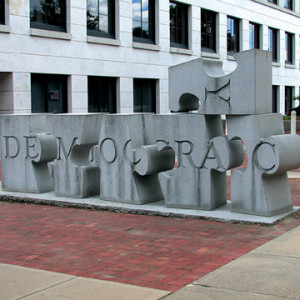
Kimball Payne is the city manager of Lynchburg, Virginia, where public engagement has become a regular feature of local government. We talked recently about how constructive citizen involvement can be encouraged, how it can connect to more formal and technical decision-making, and how public engagement has redefined what it means to be a public administrator.

Conversations on Participatory Democracy
Innovative democratic professionals are encouraging greater participation in some of our most fundamental institutions, yet what they are doing is rarely the focus of political theory, social science research, or what politicians talk about when they are talking about renewing American democracy. The conversations in this series aim to shed light on new democratic practices taking shape and to find out more about the dynamic people involved.

Lauren Abramson is the founder of the Community Conferencing Center in Baltimore, which helps people handle problems on their own instead of turning them over to the formal criminal justice system. We talked recently about the motivations that drive her work, the barriers she has faced, and the pathways that can lead to culture change in the U.S.

Conversations on Participatory Democracy
Innovative democratic professionals are encouraging greater participation in some of our most fundamental institutions, yet what they are doing is rarely the focus of political theory, social science research, or what politicians talk about when they are talking about renewing American democracy. The conversations in this series aim to shed light on new democratic practices taking shape and to find out more about the dynamic people involved.

Donnan Stoicovy is the principal—or, in her words, the “lead learner”—of Park Forest Elementary School, a public K-5 school in Pennsylvania. Albert Dzur spoke with her recently about the participatory culture in her school.
We’re happy to announce a new long-running series with Albert Dzur. His dispatches from the front lines of civics will be available in full here and excerpts will run on the Boston Review website.
Read Albert Dzur’s new piece in the Boston Review on civic practice, introducing the series:
Bringing lay people together to make justice, education, public health, and public safety—when done as a routine part of the normal social environment—helps fill in the erosion produced by the destructuring of public life. It is accomplished in part by repairing our frayed participatory infrastructure—the traditional town meetings, public hearings, jury trials, citizen oversight committees, for example—but also by remodeling this and creating new civic spaces. Democratic professionals in schools, public health clinics, and prisons who share their load-bearing work are innovators who are expanding, not just conserving, our neglected democratic inheritance.
Editorial Board Member Peter Levine discusses the project here.